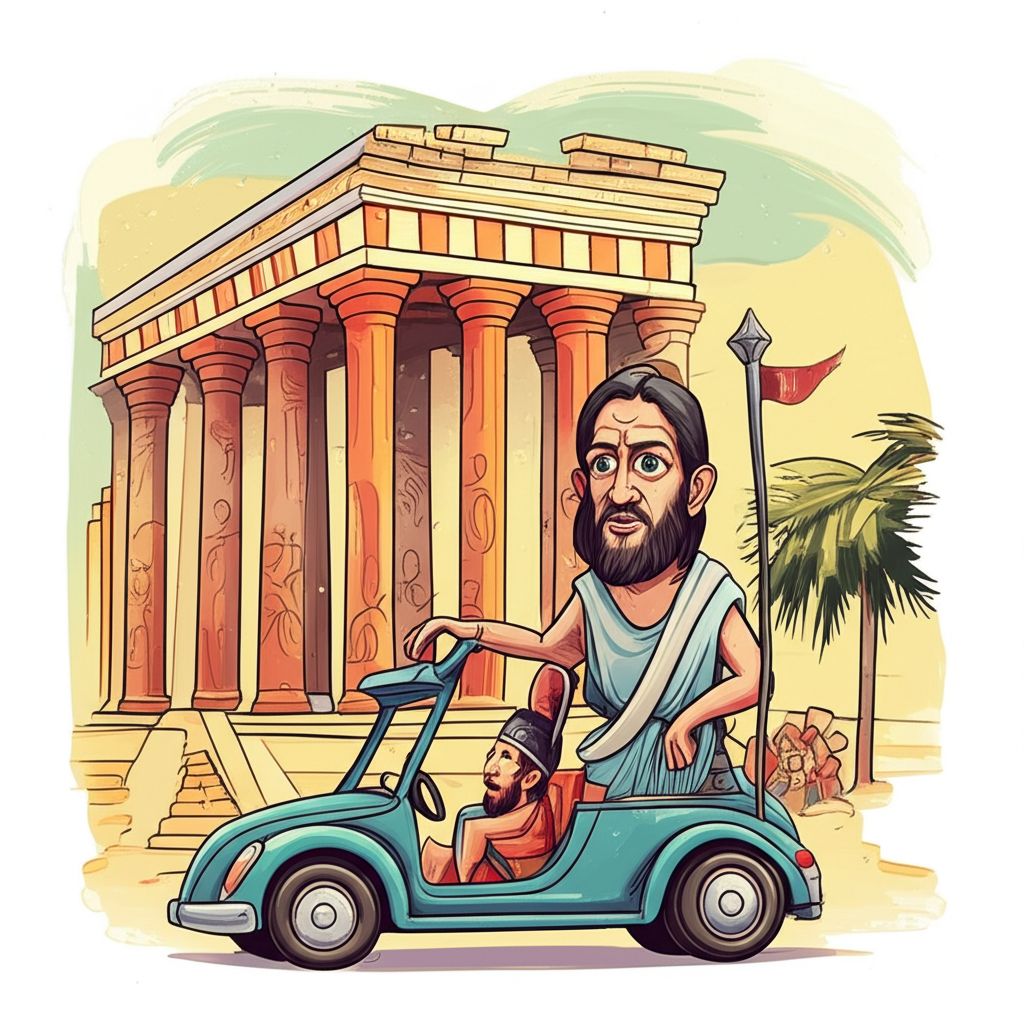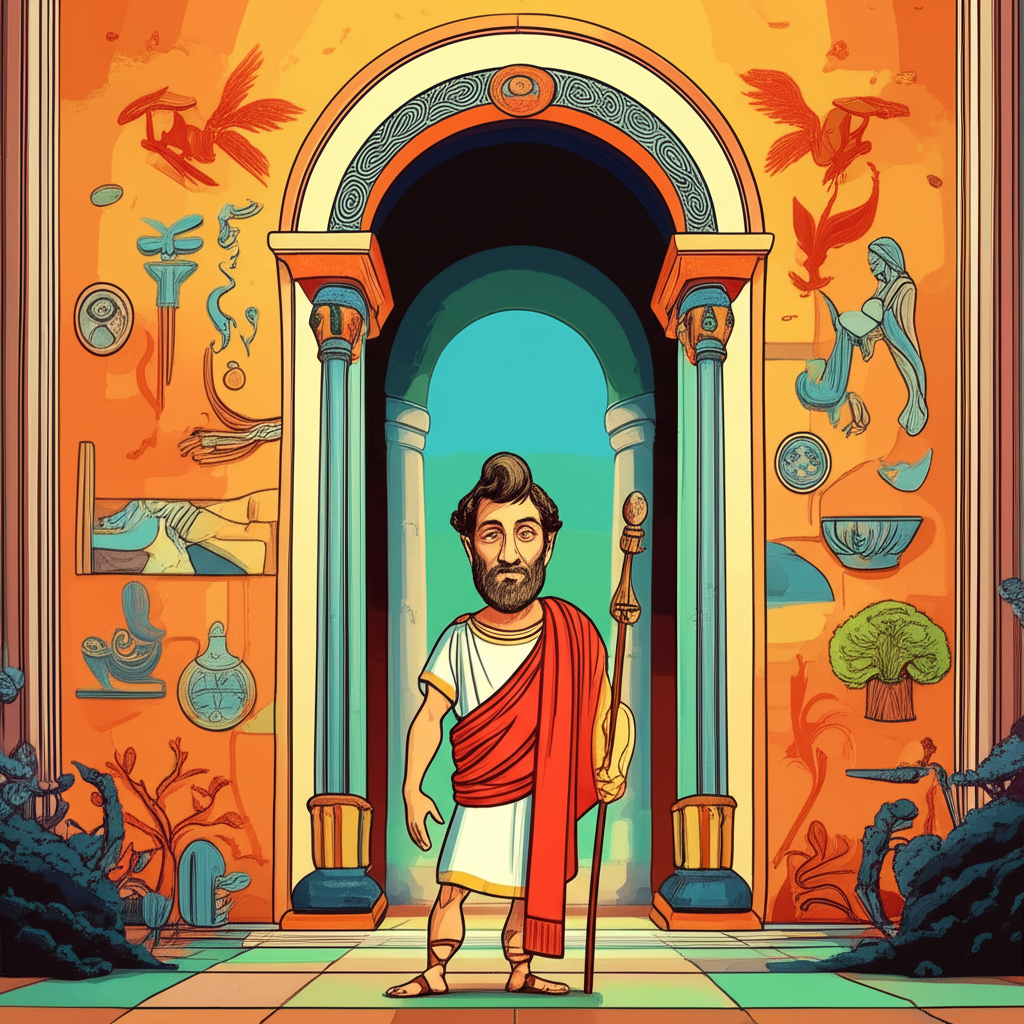The tales of Heracles, a figure whose name resonates with unparalleled might, are woven into the very fabric of ancient Greek mythology. These narratives, passed down through generations by storytellers and poets, offer a fascinating glimpse into the worldview of a civilization that sought to explain the world around them through epic deeds and divine intervention. This particular narrative, focusing on the “aftermath of Elysium,” delves into the lingering impact of Heracles’ final, transformative labor, a journey that led him to the mythical Elysian Fields, the paradise reserved for the virtuous and the heroic.
The era in which these myths flourished was one of burgeoning city-states, philosophical inquiry, and a profound connection to the natural world. Ancient Greeks, living amidst the rugged beauty of their land and the unpredictable power of the sea, often viewed the world as a stage for the grand dramas of gods and mortals. Their understanding was steeped in anthropomorphism, attributing human-like qualities and motivations to the forces of nature and the cosmos. Concepts of fate, divine favor, and the consequences of hubris were central to their understanding of existence. The myths of Heracles, therefore, served not merely as entertainment, but as moral compasses, cautionary tales, and explorations of the human condition – the struggle against overwhelming odds, the pursuit of glory, and the eventual confrontation with mortality and the afterlife.
Heracles himself is a figure of immense symbolic weight. He is often depicted as a colossal man, his body sculpted by arduous trials, his most iconic attribute being the Nemean Lion’s skin draped over his shoulders. This skin, impervious to any weapon, represents his invincibility and the primal strength he possessed. His club, a gnarled branch of olive wood, symbolizes raw, unrefined power. However, beyond the physical prowess, Heracles also embodies the concept of arete, often translated as excellence or virtue, particularly in its active, heroic sense. He is the embodiment of human potential pushed to its absolute limit, the champion of the weak, and the slayer of monsters that threatened the order of the world. His struggles were not just against external foes, but also internal battles with his own passions and the curses laid upon him by jealous deities.
The myth of Heracles’ journey to Elysium, though often less detailed than his twelve labors, marks a profound turning point. Following his earthly demise, achieved through the treachery of his wife Deianira and the poisoned robe of the centaur Nessus, Heracles did not simply vanish into the darkness of Hades. Instead, the gods, recognizing his immense contributions and suffering, decreed his apotheosis – his transformation into an immortal god. His final journey led him not to the bleak underworld, but to the radiant shores of Elysium, a realm of perpetual spring and blissful repose, a reward for his unparalleled valor and the countless evils he had vanquished.
Imagine, then, the quiet hum of Elysium after the tempest of Heracles’ mortal life. The air, perpetually mild and fragrant, would have carried the gentle murmurs of heroes and heroines who had found their eternal peace. Heracles, no longer burdened by the capricious whims of gods or the mortal coil, would have been a figure of awe, even in this hallowed ground. The echoes of his labors – the slaying of the Lernaean Hydra with its regenerating heads, the capture of the Erymanthian Boar, the cleansing of the Augean Stables, the theft of the Apples of the Hesperides – would have been a distant, yet defining, melody in the symphony of his existence.
His presence in Elysium would have been a testament to the Greek belief that extraordinary deeds, even those accomplished amidst immense suffering, could lead to a form of eternal recognition. The quiet contentment of Elysium would have been a stark contrast to the violence and struggle that defined his mortal existence. It was a place of rest, of unending beauty, a reward for a life lived in constant battle against chaos. Yet, even in this paradise, the memory of his labors, the immense strength he wielded, and the sacrifices he made, would have been an indelible part of his story, a reminder of the mortal struggles that paved the way for divine immortality.
Symbolically, Heracles’ journey to Elysium represented the ultimate triumph over mortality and hardship. It suggested that even the most grueling existence could culminate in peace and honor. For the ancient Greeks, this offered a comforting perspective on death, presenting a vision of an afterlife where virtue and heroism were not forgotten, but celebrated. The labors themselves symbolized the challenges inherent in life – the need to confront and overcome obstacles, to maintain order, and to protect the vulnerable. His apotheosis into Elysium implied that by confronting these challenges with unwavering strength and resilience, one could achieve a form of transcendence, a lasting legacy. The contrast between the bloody battles of his life and the serene beauty of Elysium also highlighted the Greek appreciation for balance, the recognition that even after great turmoil, peace and reward were possible.
In the modern world, the myth of Heracles continues to captivate imaginations. His story is a perennial source of inspiration in literature, film, and video games, where his exploits are reimagined with contemporary twists. He is often portrayed as a flawed hero, grappling with his own demons as much as external monsters. His labors serve as archetypal challenges, representing personal growth, overcoming adversity, and the pursuit of justice. In academic circles, the Heracles myths are studied for their insights into ancient Greek society, their religious beliefs, their understanding of heroism, and their enduring impact on Western culture. The symbolism of strength, perseverance, and the struggle against overwhelming odds remains universally relatable.
It is crucial to reiterate that these narratives are rich tapestries of human imagination, cultural heritage, and ancient storytelling traditions. As Muslims, we recognize that only Allah (God) is the true Creator and Sustainer of all existence. These ancient myths, while offering valuable insights into the history of human thought and storytelling, do not represent divine truth. The tale of Heracles and his journey to Elysium is a testament to the enduring power of narrative, the human desire to understand life’s trials, and the universal yearning for a legacy that transcends mortality. These stories, passed down through the ages, enrich our understanding of cultural evolution and the boundless creativity of the human spirit.




